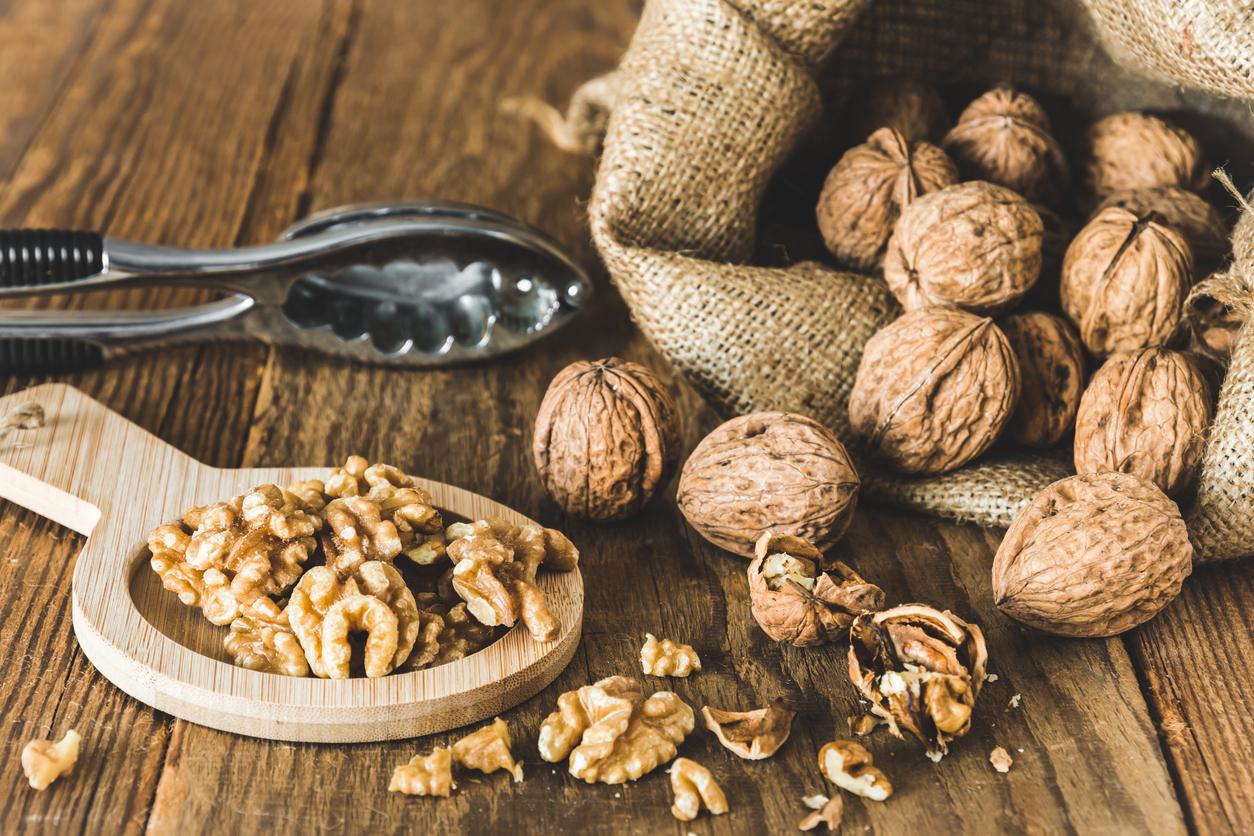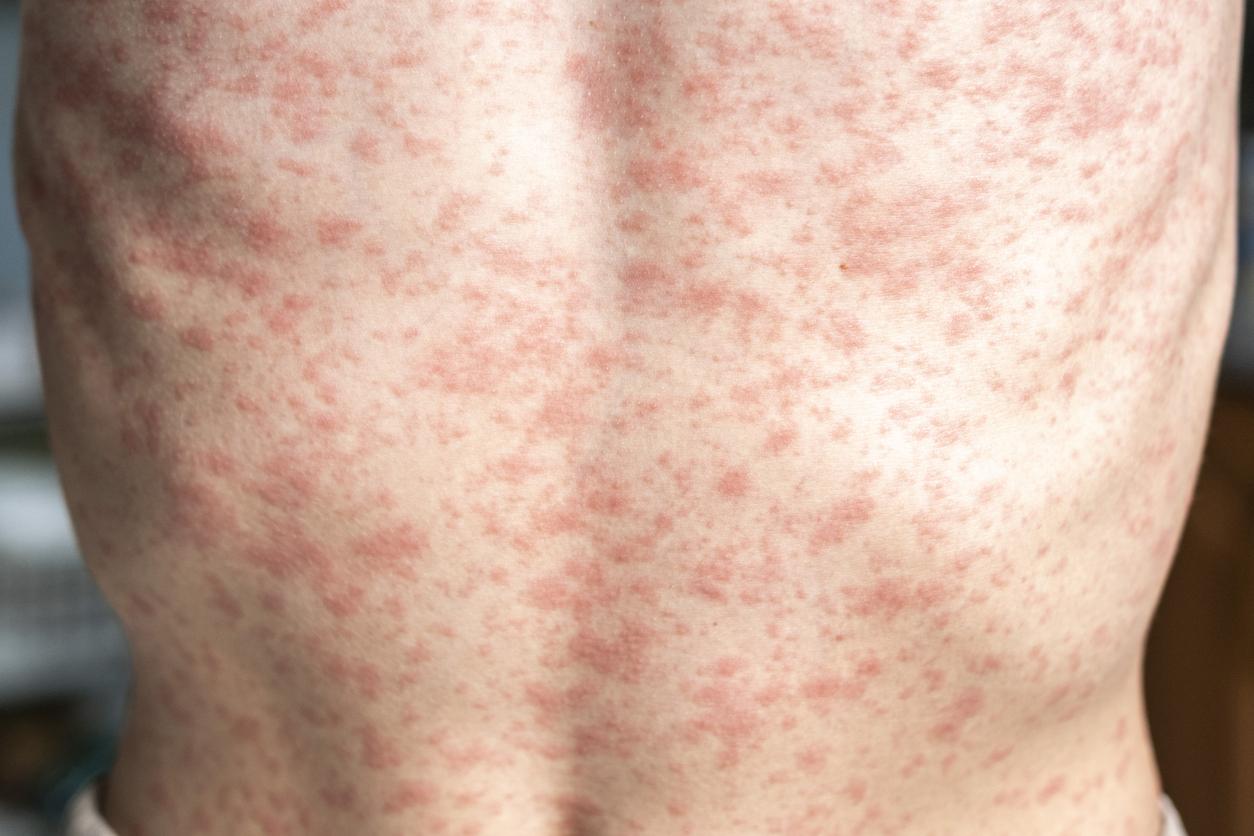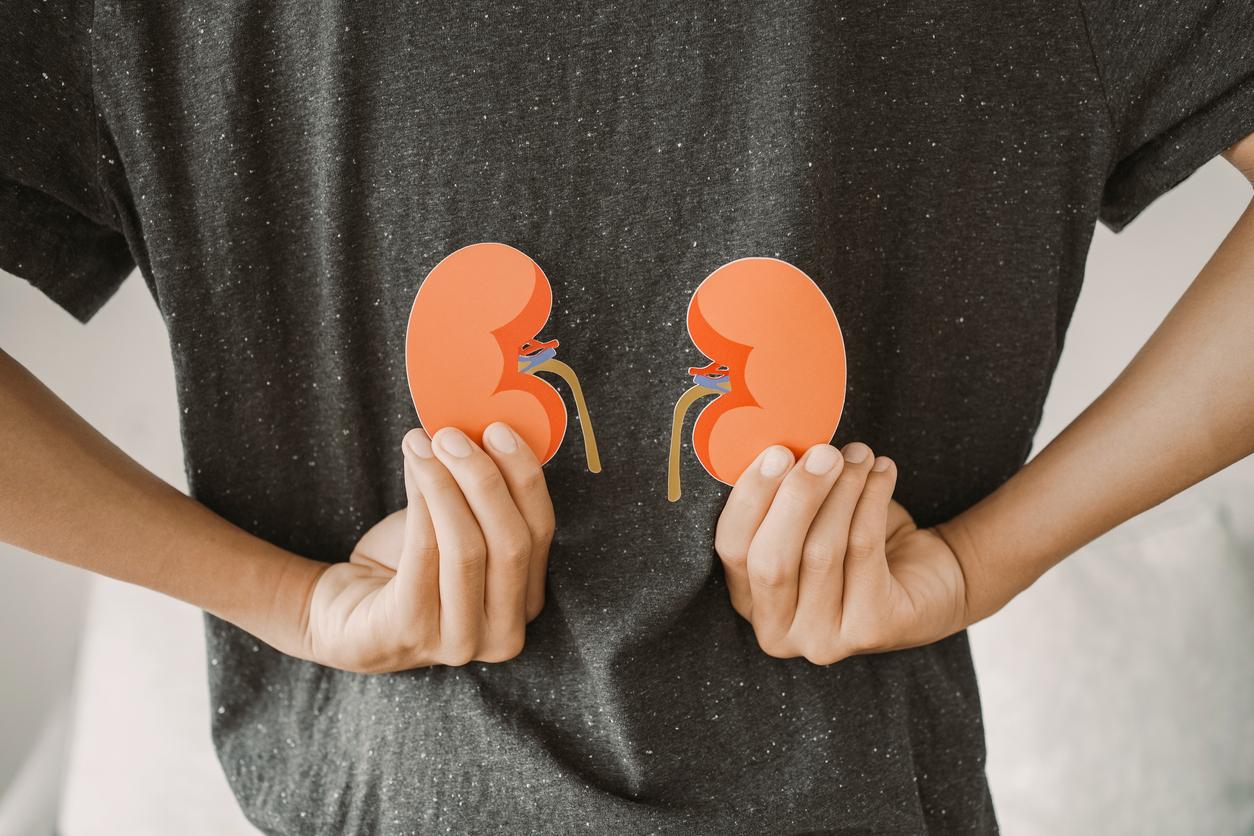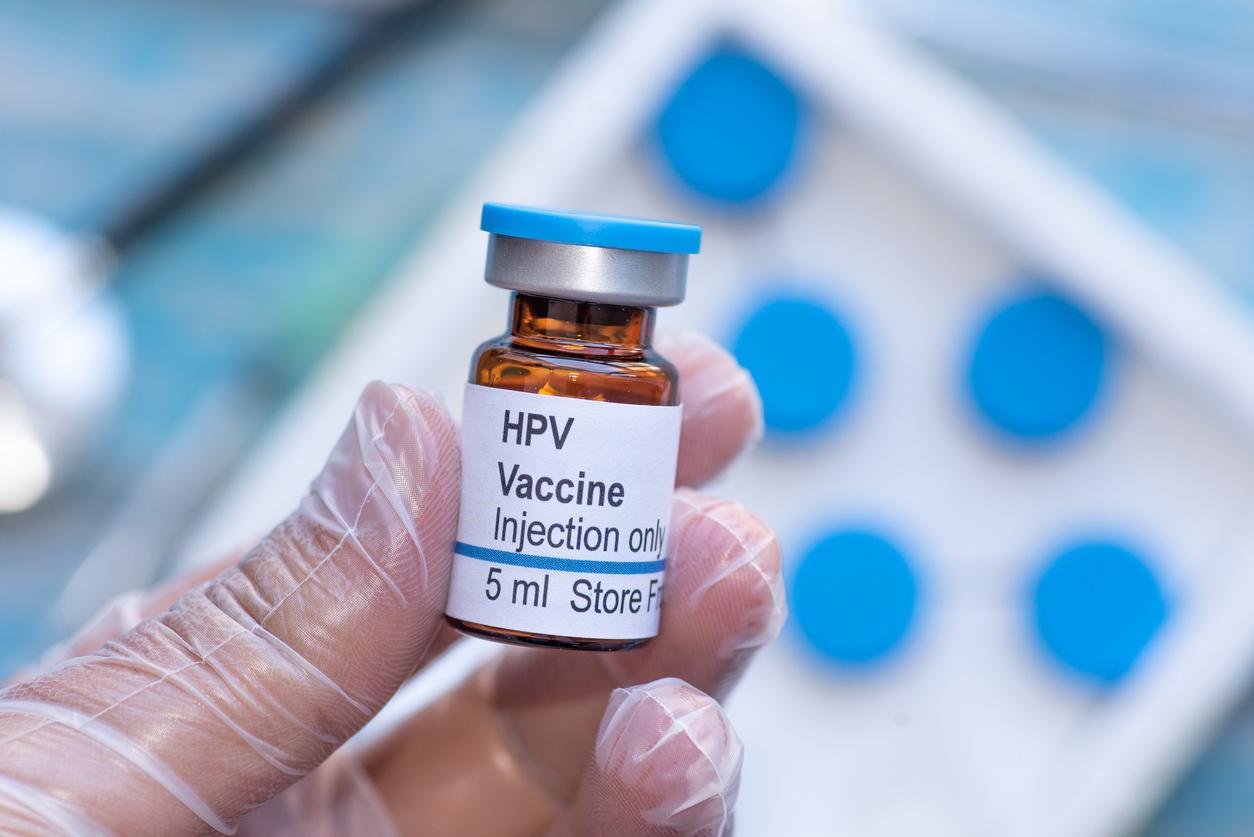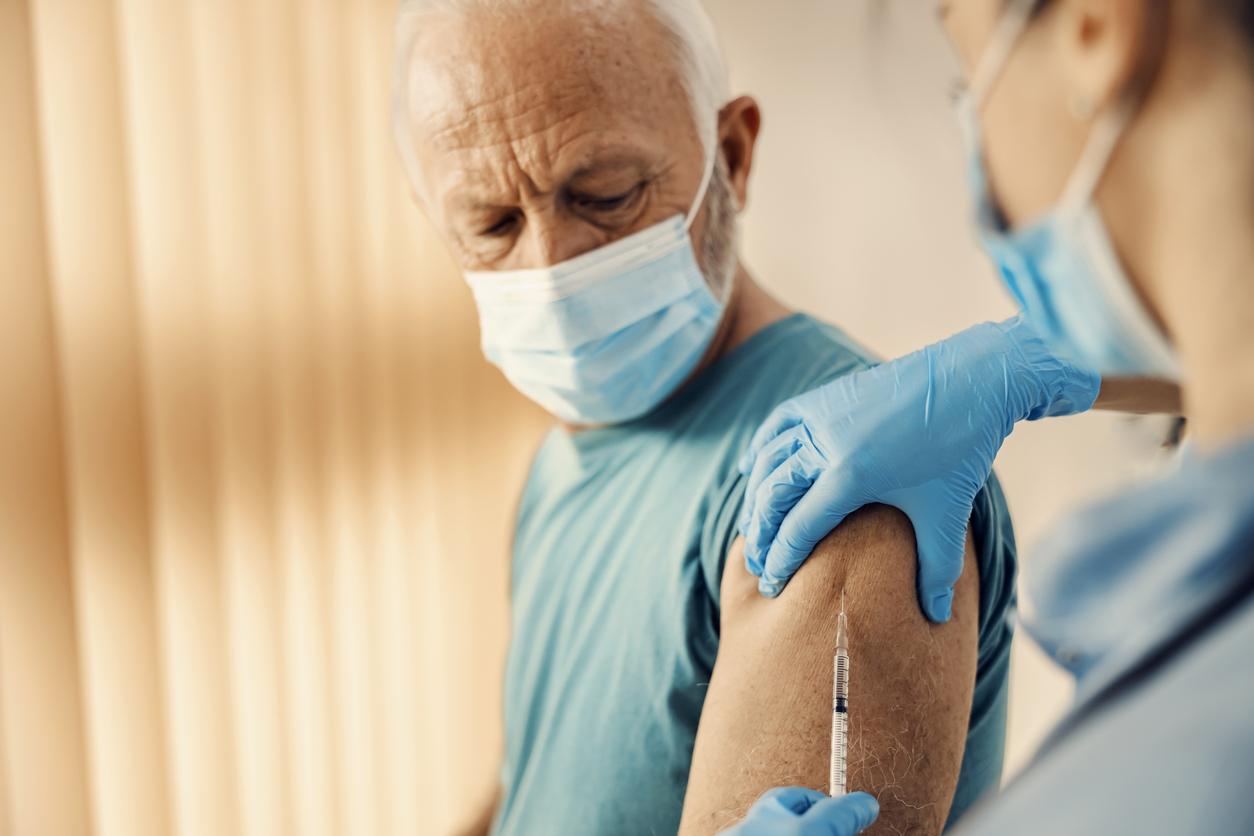450,000 children under 5 die each year from gastroenteritis caused by rotavirus. A more stable vaccine has been successfully tested in Niger.

It is a gesture that all young parents know: placing the vaccines in the refrigerator after having collected them from the pharmacy. But in some countries, the fridge is a luxury, and electricity a scarce commodity. Vaccines are nonetheless essential. In order to adapt to the difficult conditions in underprivileged countries, a team from the School of Public Health at Harvard University (United States) has developed a new vaccine against rotavirus, responsible for severe gastroenteritis. It remains stable even at room temperature, they show in the New England Journal of Medicine.
Easy storage
The objective is clear: to develop a vaccine intended for countries with low and moderate incomes, therefore financially affordable and free from the constraints of heat. As such, it is not surprising that the Epicenter association, created by Médecins Sans Frontières to contribute to research in its intervention contexts, is integrated into the project. The goal seems to have been achieved since the BRV-PV vaccine has an efficacy of 66.7% in preventing rotavirus gastroenteritis.
The randomized trial took place in Madarounfa (Niger) but the product is manufactured in India. During transport, the vaccine is kept at the recommended temperatures, 2 to 8 ° C. Its storage is carried out at 25 ° C. After distribution, it was stored at room temperature. It is the first time that such a drug has been so stable. A strong argument, since power cuts are legion in this region. “This trial paves the way for a vaccine suitable for the African environment, where it is most needed,” says Sheila Isanaka, who signs the publication.
Few serious side effects
3,508 healthy children received 3 doses of the vaccine, or placebo, while they were still infants. Then they were followed for 2 years through local health centers. Minor side effects are relatively frequent after the injection of the three doses: 68% of toddlers vaccinated, but also 67% of those who received the placebo, suffered from fever or vomiting.
In contrast, serious effects were slightly more common in the placebo group. 186 serious cases are reported there against 169 in vaccinated children. In terms of mortality, the difference is not significant and the vaccine is out of the question. Other infections, metabolic or nutritional disorders are the main culprits.

These positive results arouse enthusiasm among researchers. “When the vaccine becomes available in Africa, it will help protect millions of children, who are the most vulnerable,” said Sheila Isanaka. And for good reason: the rotavirus is responsible for 37% of deaths from diarrhea in children under 5 years old. Each year, 450,000 children die from this virus. And improving sanitary conditions or access to water does not change much: these measures are powerless in the face of the very resistant rotavirus.
Vaccines are no longer recommended in France
In France, the Rotarix (GlaxoSmithKline) and RotaTeq (Sanofi Pasteur MSD) vaccines have not been recommended or reimbursed since May 2015. The Haute Autorité de Santé and the Haut Conseil de la Santé Publique have withdrawn their confidence in these vaccines after the death of two infants assigned to injections. It must be said that in France, 508 cases of adverse effects – including 201 serious – were reported to the authorities for 1 million doses sold. 47 babies were hospitalized with an acute intussusception, a complication that killed both infants.
.




